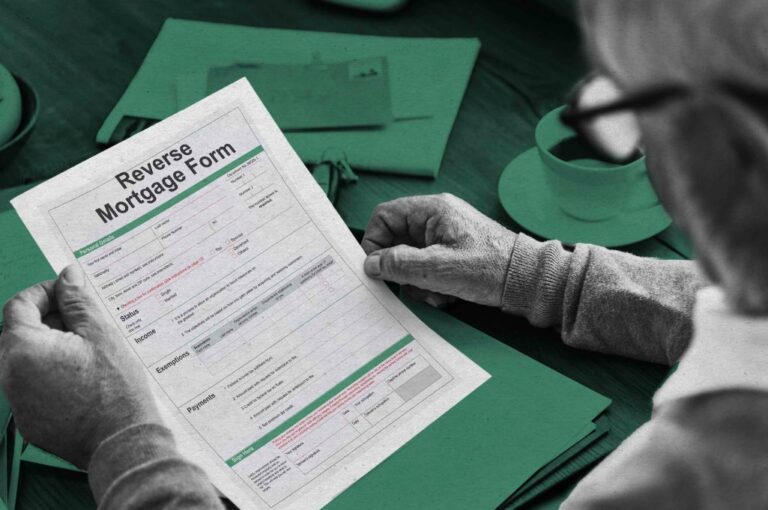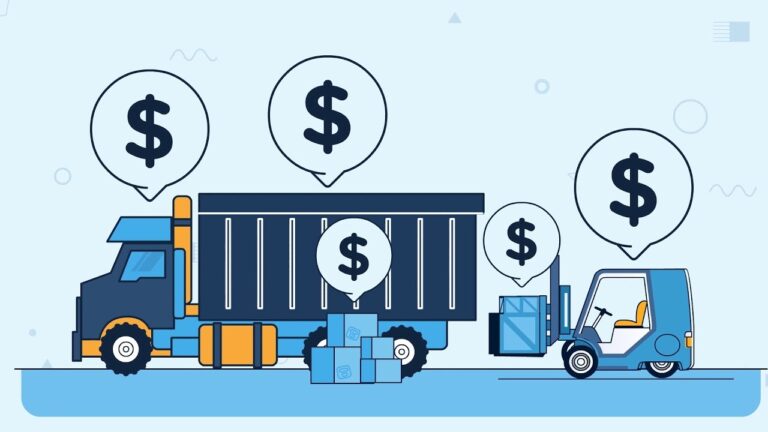Reverse mortgages are a way for people to get some cash from the value of their homes without having to sell up. Unlike regular home loans, you don’t need to pay this one back every month.
Instead, what you owe gets bigger over time because of interest and fees. You only need to pay it all back if you pass away, decide to sell, or move somewhere else for good. These mortgages are mostly for older folks who want some extra money in their retirement years but don’t want to give up their homes.
The Age You Need to Be for a Reverse Mortgage
To get a reverse mortgage, there’s one key rule: how old you are. As things stand in 2024, you’ve got to be at least 62 years old for most reverse mortgages in the U.S.
This rule comes from the folks at the U.S. Department of Housing and Urban Development (HUD) for a type of reverse mortgage called Home Equity Conversion Mortgages (HECMs), which are pretty common and backed by the government.
Learn more about the eligibility criteria for reverse mortgages according to Erez Shemesh.
The Importance of Age
The age limit is there for a couple of reasons. First off, reverse mortgages are meant to help seniors with a bit of financial boost during retirement. By setting an age minimum, makes sure the program is aimed at those who are likely retired, might not have a lot of income coming in, but do have a lot of value built up in their homes.
Second, the younger you are when you get the mortgage, the longer the loan could last, which means there’s a bigger chance the loan could end up being more than the house is worth, especially if house prices go down. You can dive deeper into why age is such a big deal for reverse mortgages on certain websites.
How Older Borrowers Benefit

For those a bit longer in the tooth, reverse mortgages can offer more perks. The amount of cash you can get from one of these loans partly depends on how old you are: the older you are, the more cash you’re likely to get. This is because the folks lending you the money use charts to guess how long you might live and, therefore, how long the loan might last.
Keeping Hold of Your Home
There’s a common myth that getting a reverse mortgage means the bank owns your home. But that’s not true. You keep the title and can live there as long as you keep up with the loan’s conditions, like looking after the house and paying your property taxes and insurance.
Making Sure It’s the Right Move
Age is important, but it’s not the only thing that matters. If you’re thinking about a reverse mortgage, you need to have enough value built up in your home. Usually, you should either own your home outright or have a small enough mortgage that you can pay it off when you get the reverse mortgage. How much value you need can change based on your age, interest rates, and how much your home is worth.
Getting Advice
Before you can get a reverse mortgage, you have to talk to a counselor from a HUD-approved agency. This step makes sure you get all the facts about what a reverse mortgage means for your finances, including how it might affect what you leave behind and if there might be a better option for you.
What It Means for Your Family

If you’re thinking about getting a reverse mortgage, you should also think about what it means for your family after you’re gone. While a reverse mortgage can make your retirement more comfortable and let you stay in your home, it also means there’s less value in your home for your family to inherit. They can choose to pay off what they owe to keep the house or sell the house to settle the debt.
Different Kinds of Reverse Mortgages
The standard HECM reverse mortgage needs you to be at least 62, but there are other kinds of reverse mortgages out there that might have different age rules. These other options aren’t covered by the government and might have different terms, possibly including lower age limits, but they might also come with higher costs and less security than HECMs.
Keeping Up with Changes
The world of reverse mortgages can change with new rules, interest rate shifts, and changes in how loans are given out. If you’re thinking about getting a reverse mortgage, or if your family is looking into it, it’s important to keep up with the latest news. Changes could affect how easy it is to get a reverse mortgage, what kinds of deals lenders offer, and what strategies might be best.
Planning for the Long Haul
When you’re looking at a reverse mortgage, it’s key to think about how it fits into your bigger plan for your money in retirement. For a lot of seniors, the draw of a reverse mortgage is getting to some cash without having to move. But, it’s crucial to see this as just one piece of your wider retirement planning puzzle.
A reverse mortgage can be a helpful safety net for unexpected costs like medical bills or home repairs, and it can help cover everyday expenses. However, it’s vital to remember the loan amount grows over time with interest, which can eat into the value of your home over the years.
Choosing Wisely

Deciding if a reverse mortgage is right for you means looking carefully at your financial situation, what you need from your home, and what you want for the future. It’s not just about being old enough but understanding what this decision means for your money in the long term, its effect on your family, and whether there might be other financial choices that could suit you better.
In Conclusion
Reverse mortgages are a special kind of financial option for older homeowners. They let you tap into the value of your home without the need to make monthly payments. The rule that you need to be at least 62 for most reverse mortgages is there to make sure it’s an option mainly for retirees looking for extra income.
But deciding to go for a reverse mortgage should come after a full understanding of how they work, their impact on your finances down the line, and what it could mean for your family after you’re gone.
Related Posts:
- How Old Do You Have to Be to Invest in Crypto? Tips…
- 12 Fastest Ways to Farm Gold in Old School RuneScape (2024)
- How Do You Extend the Life of a Commercial Roof? 2024 Guide
- How Quickly Can You Become an Instagram Celebrity? 7…
- Spending A Winter In Norway: Where To Go And What To…
- 15 Marketing Tips for Growing and Sustaining an…







